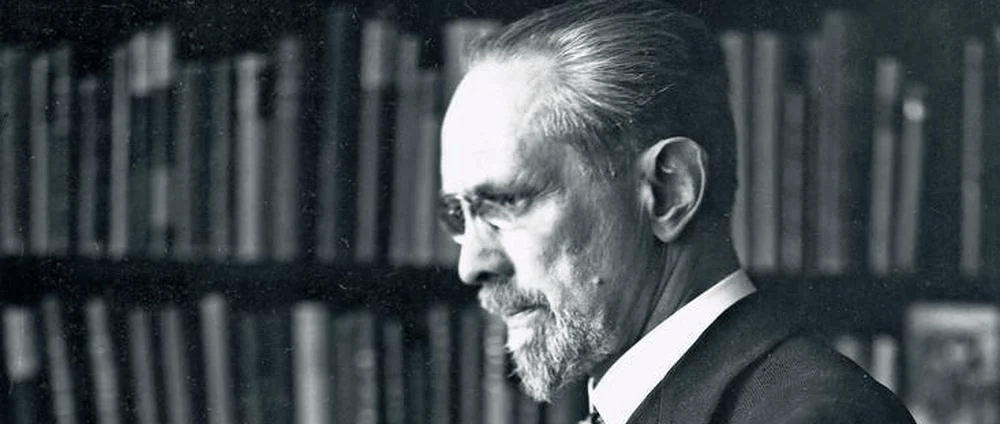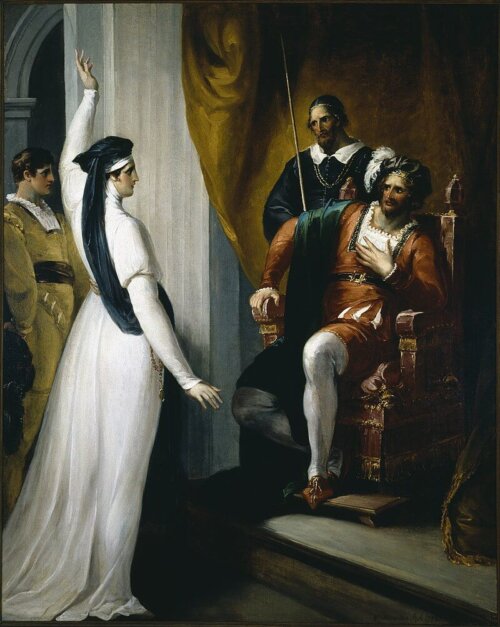Evolution, Sexual Politics, and the Crisis of Community

Men have evolved to be disposable protectors of women. Little boys will instinctively pick up sticks and use them as swords and rifles. They will even practice dying. Aaarrrgggh! The fact that women are significantly less aggressive is not the only reason women don’t tend to play warrior (though we know exceptions, exceptions still prove the rule). Dying for your country can seem like a strange concept for a modern liberal person. Historically, men knew that in some circumstances, if they were defeated by the enemy, then they would be killed—but it was for the purpose of the community, the tribe, the “nation.” Let us now turn to history and literature for our case studies that modern science has come to more fully understand.
Maori intertribal wars of conquest, for instance, typically involved killing the men and enslaving the women, though some of them were killed too and some men were enslaved. An Alexander the Great, however, would defeat a region’s army and then merely subjugate everyone as a vassal state. In other cases, people like the Dorians would subordinate the local Ionians via killing, settling, and ousting. Muslims would enslave men and women, white and black, and castrate the men, turning them into eunuchs, and breed with the women. From a genetic and evolutionary perspective, either way, it would make sense for men to fight for the survival of the tribe, and to fight sometimes even to the death since they have nothing much to lose in terms of natural selection. Women, on the other hand, are more valuable for the future of the community’s survival. A community’s ability to survive depends on having fertile women with relatively few men needed in this endeavor. Women, then, are actually deeply essential from an evolutionary perspective for the progress of the human species. Even if their region is invaded and subjugated, and even if the men are killed, women will be generally left alive and still have children. In England, large numbers of people have a Celtic matrilineal line but Anglo-Saxon or Viking patrilineal line. Celtic women were either forced to mate with the invaders, or they chose the higher status and more successful interlopers voluntarily in the manner of hypergamy. Women’s genes will live on. The subjugated or killed man’s, not so much.
In numerous Greek tragedies, the woman’s husband has been killed by a conqueror and she is now married to the very man who killed her former husband. Clytemnestra is an example. Agamemnon had killed her first husband. Marrying the actual person who killed your husband seems a bit unlikely, but, historically, marrying a member of the conquering tribe, or becoming part of his harem, will have been reasonably common. The genetic record is in accord with the obvious. DNA from the conqueror men get promulgated, the men on the losing side do not reproduce, and the women’s genes continue unabated. This is a worldwide phenomenon.
Women have less of an incentive to demonstrate loyalty because their primary evolutionary impetus is the survival of the human race in an abstracted sense. A contemporary lack of loyalty of women towards men can be seen with the enthusiasm with which the concept of toxic masculinity has been embraced which promotes a conflictual notion between the sexes. When combined with the decline of the family or having children, what are we to make of human social relationships? With women now supplanting men in the role of, for instance, the captain in Star Trek Discovery, why are they supposed to be risking their lives in the manner of men? Not to save men. Not to save children (children are for losers). Other women? What do they do alone in their cabin after a hard day saving the universe? Revel in girl power?
Women have evolved to be less ethnocentric than men and also without a need to fight to the death. It is not in their interests to do so (and it is not necessarily in men’s interest to kill them). Women have been shown to be better at learning a second language which would have been necessary when conquered from without. Women are better verbally in general (it is often the case that a women foreign language speaker is more attractive than a man).
The virtues of loyalty and defending the group can be counterproductive for women. Multiculturalism is a convenient ethos if you are a woman and want to live. Women competing with other women for social status by showing supposed moral concern for the outgroup, especially in Western countries. And the more out the out group, the better. This leads to a competition for the compassion Olympics: who can outcompete someone else in virtue signaling compassion for “outside groups” and people. You would think that women’s evolved concern for children would prevent this. However, women have been perfectly fine with sterilizing children (and this is also found in Greek literature like when Medea kills her own children). Doctors can be struck off if they demur in any way from a child’s assertion that he or she is in the wrong sexed body. Schools primarily run by women, will keep a child’s new sexual identity from the child’s parents. The lack of loyalty to the traditional community will be much more consistent with evolved feminine traits than the male. Women have been shown to be more sexually fluid than men, too. Women in harems may well end up in lesbian relationships with their fellow harem members as they co-parent each other’s children. Should we be surprised?
This is all of a piece with women’s tendency to be more socially conformist and agreeable. F. Roger Devlin comments on a desperate desire of many young women for guidance and role models. Cosmopolitan magazine is filled with advice. There is no male equivalent. Agreeable, conscientious people positively want to do what is socially expected of them. When this is not provided, young women really do not know what to do. “Patriarchy” is partly about imparting direction from someone who is more self-directed, on this view.
Roger Devlin writes: “Shalit has difficulty putting herself imaginatively in the place of a male. There may well be an evolutionary explanation for this. Men instinctively protect women because the future of the tribe lies in the children they bear. Women have adapted to this state of affairs and it colors their moral outlook. They do not spend much time worrying about the well-being of men. Even getting them to cook supper for their husbands is probably a triumph of civilization. Their natural inclination is to let men look after themselves and take their chances in life. At the same time, they count on men to shield them from the harsher aspects of reality, and become extremely indignant at any man who fails to do so. In other words, women are naturally inclined to assume that men must take responsibility for everyone, while they are only responsible for themselves and the children. Young, still-childless women have no one left to think about but themselves and easily fall into self-absorption.”[1] There is a failure of moral reciprocity.
In conversation with a sister, I tried to convince her that “the strong silent type” male can be really quite useful, rescuing women in states of distress. Requiring him to “talk about his feelings” and be more like a woman as well is really quite unreasonable. My sister was unmoved. The male savior can bloody well get in touch with his feelings too or bugger off.
Women do not want lots of men. They want the best man. So, women have evolved to be serial monogamists. Nothing can alter the hypergamous nature of women. Access to resources will be higher if your mate is high status in the group. “Sexual liberation” puts women in extreme competition with each other. Women on Tinder “date” the top 4% of the most attractive and successful men. One man interviewed claimed that his profile fit the desired demographic so well that he had had 20,000 expressions of interest. Mathematically, there will an amazing failure of those top-dog men to “commit,” since they could not if they wanted to. So, women are not and cannot be happy, and a society of angry, rejected, frustrated young men is not long for this world. As Devlin writes, women are not interested in 99% of men, who then fall into the “harasser” class. A sexual harasser is the name given to men who express unwanted interest. That’s an awful lot of “harassment.” Now that colleges have nearly a 60/40 division in favor of women, and women in their twenties in the UK out earning men by over a thousand pounds a year, and given women’s evolved refusal to marry down, potential husbands are getting fewer and fewer. This poses, however, problems with the continuity of any community. And that is where we seem to be in the present situation.
[1] Sexual Utopia in Power: The Feminist Revolt Against Civilization. F. Roger Devlin.




